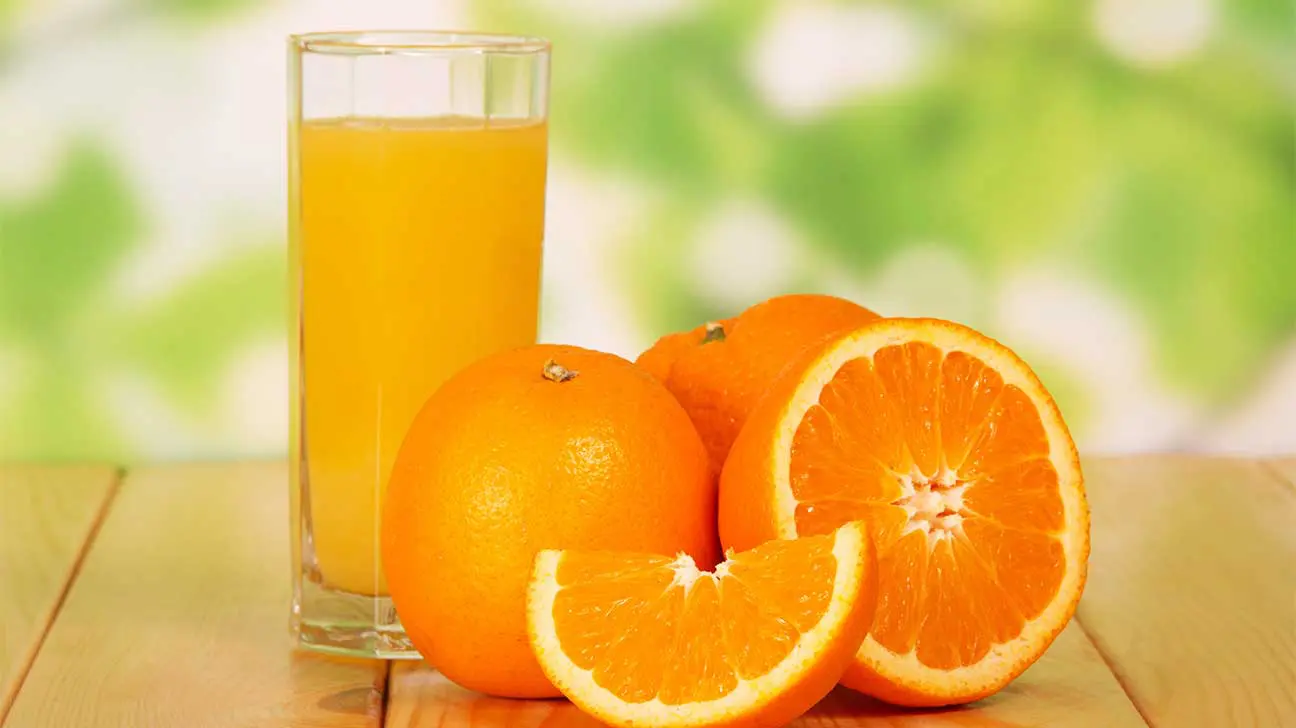
This 8 ball and orange juice diet refers to an extreme diet used to lose weight.
The “diet” only consists of orange juice and an “8 ball,” an eighth of an ounce (about 3 to 3.5 grams) of cocaine or some other drug.
Those who adhere to the 8 ball and orange juice diet might eat food and purge afterward to get rid of what food they consumed.
Orange juice can also be substituted with any other drink, it doesn’t necessarily have to be orange juice. The primary factors are illicit drugs (most often cocaine) and a drink.
Why Might Someone Do The 8 Ball And Orange Juice Diet?
Though dangerous, a person may be drawn to do this “diet” for a range of reasons.
A few of these include:
- addiction: using cocaine often eliminates the desire to eat. If a person consumes only cocaine and orange juice, they may have no appetite and not be able to eat much.
- a desire to lose weight: because the diet practically eliminates a person’s appetite, there may be a strong pull to do it in order to lose a significant amount of weight. This, of course, is not losing weight in a healthy way and can lead to serious complications.
Health Risks Of Doing The 8 Ball And Orange Juice Diet
There can be many short- and long-term effects of doing the 8 ball and orange juice diet.
Though a person doing the diet may desire the appearance of weight loss, the health risks greatly outweigh the result of losing weight.
Others may not necessarily want to lose weight, but do so anyway because of their loss of appetite.
A few of the serious health risks include:
- developing an eating disorder, such as bulimia nervosa
- a severe decline in physical health
- increased chance of overdose
- heart attack and stroke
- abdominal pain
- malnourishment
- decline in muscle function
- reduced cardio-respiratory functions
The diet can also lead to a number of long-term effects on the digestive system, including:
- worsened gastrointestinal functions
- changes in intestinal blood flow
- diarrhea, which can cause severe dehydration and lead to death
- stomach ulcers
- bowel tissue decay or rupture
The Connection Between Cocaine And Weight Loss
In 2013, a group of researchers conducted a study to determine whether the weight loss associated with cocaine use is justified.
The study surveyed 65 men, half of whom were considered cocaine-dependent. They found that chronic cocaine abuse directly interferes with metabolic processes.
This results in an imbalance between fat intake and storage, leading to rapid weight loss.
The cocaine-dependent men had a very different pattern of food consumption compared with the control volunteers, often skipping breakfast, consuming more alcohol, and eating fattier foods.
Treating The Effects Of The Diet
If you or a loved one have used the 8 ball and orange juice diet, it is strongly recommended that you seek treatment as soon as possible.
Cocaine is a dangerous drug that can quickly lead to addiction and risky long-term effects, including increased risk of heart attack and stroke.
Treatment options include:
- medical detox
- outpatient rehab, which ranges in levels of care to include standard outpatient, intensive outpatient, and partial hospitalization
- inpatient rehab
- medication-assisted treatment (MAT)
- addiction recovery therapy, such as group, individual, and family therapy
Find Treatment For The 8 Ball And Orange Juice Diet
For those ready to take the next step toward recovery, help is available. Call our helpline to talk with a specialist about your options in cocaine addiction recovery.
We’ll help you to find a program that’s a good fit for you. Reach out today to learn more.
Addiction Resource aims to provide only the most current, accurate information in regards to addiction and addiction treatment, which means we only reference the most credible sources available.
These include peer-reviewed journals, government entities and academic institutions, and leaders in addiction healthcare and advocacy. Learn more about how we safeguard our content by viewing our editorial policy.
- Frontiers in Neuroscience — Effects of Cocaine and Fasting on the Intake of Individual Macronutrients in Rats
https://www.frontiersin.org/articles/10.3389/fnins.2019.00805/full - Merriam-Webster Dictionary — 8 Ball
https://www.merriam-webster.com/words-at-play/what-does-8-ball-mean - National Institute on Drug Abuse (NIDA) — Effects of Cocaine on Brains and Bodies
https://easyread.drugabuse.gov/content/effects-cocaine-brains-and-bodies - U.S. National Library of Medicine — The skinny on cocaine: Insights into eating behavior and body weight in cocaine-dependent men
https://www.ncbi.nlm.nih.gov/pmc/articles/PMC3863945/


